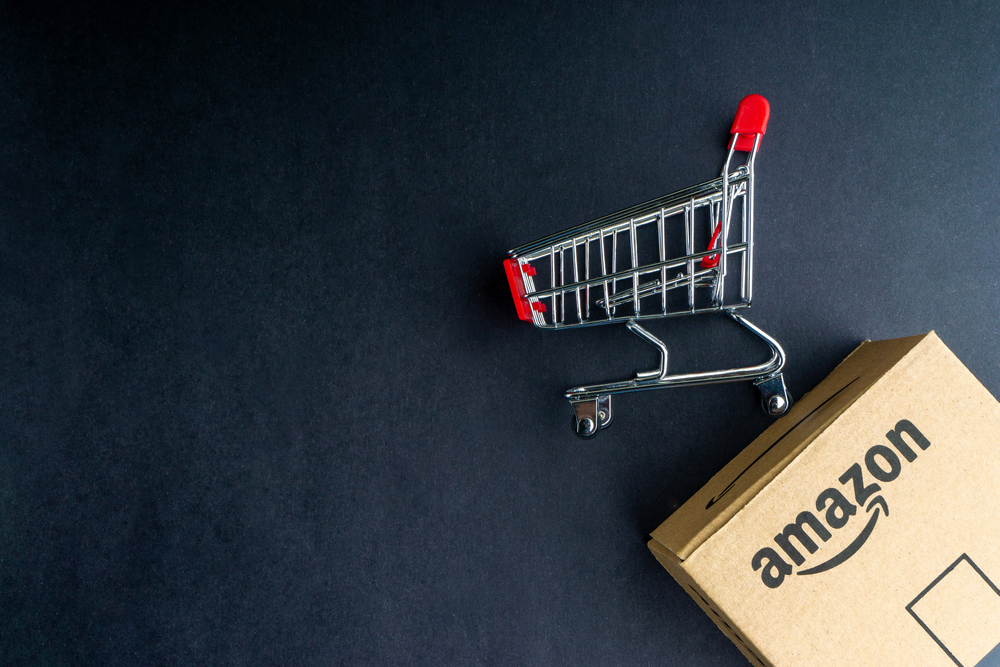
When shipping internationally into Amazon, there are a few key areas you need to look out for. In this article we cover the top tips for shipping your products to Amazon from outside the USA.
Tip 1 DDP
Always ship DDP. This is an Incoterm, and basically means that you pay all the costs including freight, insurance duties and taxes right up to the point of delivery in Amazon’s warehouse.
Even if you are shipping by DHL or UPS, if you haven’t used DDP or paid all taxes Amazon will most likely reject the goods, costing you thousands of dollars in return fees.
Factories usually quote FOB or Ex-works, and you can ask them to quote sea and air freight. Regardless of whether your own freight forwarder or the factory arranged the shipment, usually you are responsible for customs duties.
Tip 2 Duties
The amount of customs taxes and duties paid depend on your item.
You can look up the HS code on Google for your product and get an estimate of what these will be. Usually they’re between zero and 8%.
There may also be a customs processing fee from your freight forwarder and this is normally up to $100. Before you order your product, double check what the HS code will be to make sure you can import the item and so there are no surprises when you get the bill.
Tip 3 Warehouse
Rather than ship directly to Amazon, it’s better to use an FBA specialist to receive the goods, relabel the boxes and ship to multiple Amazon warehouses.
If you ship directly to one Amazon warehouse you have to pay the inventory placement fee which can be $.30 for 1 pound, or $1.30 for an oversize item. This fee increases if your item is bigger.
You save money by shipping to an Amazon service company because you don’t have to pay for the freight of multiple shipments from your factory to the USA. If you split 1000 units into several sea or air shipments the fees will run into thousands of dollars because there are minimum charges regardless of the shipment size.
Search Google for a good FBA warehouse specialist.
Tip 4 Labeling
It’s best to do all your labeling at the factory.
Ideally you want to include the FNSKU label in your packaging artwork so that you don’t need to print it or stick it on later. Even if you haven’t included the label on your packaging, getting the factory to add it will cost you $.01-$.02 or less, but Amazon charges $.20 a label.
On 2000 units you can save around $400 doing it at the factory.
Tip 5 Freight Forwarder
You can use Google to search for a freight forwarder near you.
You can also ask your factory or agent to quote for both sea and air freight. Compare two or three providers to get the best price.
Ask them before shipping if they can import the goods for you. They may charge $100-$200 for this service, but they are acting as the importer and saving you a lot of documentation, trouble and time because they can process the customs documents faster.
Tip 6 Time to Receive
Even if you send your goods by air it can still take Amazon 7 to 10 days to receive the items because they have to check them in.
Sometimes they can misplace your products. I’ve had hundreds of units go missing in the past. They will pay you for them but take the money back if they eventually find them.
Plan your reorders weeks in advance because the manufacture, freight and Amazon handling time can be 45 to 70 days or more in total.
Tip 7 Costs
How much will it cost?
The price of sea and air freight varies massively from month-to-month and also depends on the specific products, size and weight of your shipment.
It’s hard to estimate up front, but by reaching out to 2 providers or more you’ll get an idea of what the costs should be. Be aware of the freight company trying to charge you extra fees at the end of the shipment.
Sometimes these are kickbacks for the factory that recommended them in the first place.
